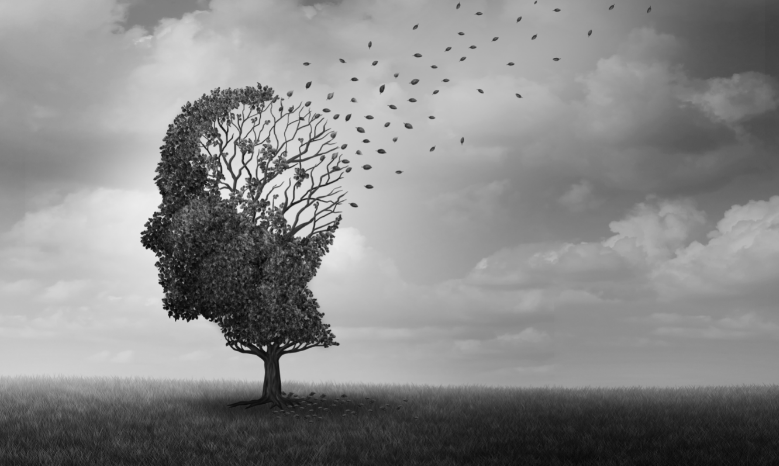Dementia refers to the decline in cognitive function of the brain, affecting memory, learning, judgment, and language abilities. Alzheimer’s disease is the most common cause of dementia among the elderly. About 6.2 million elder Americans are affected by this disease, characterized by progressive memory loss, disorientation, and negative changes in mood and personality.
Here we’ll discuss some prominent signs of dementia and how we can cope with this disorder in our old age.
Signs of dementia in the elderly:
We can look for the following signs or symptoms of dementia and other related disorders of the elderly.
- Changes in the cognitive functions such as memory loss, visual or spatial difficulties, decreased reasoning, decreased ability to complete complex tasks, disorientation, or confusion.
- Psychological manifestations in the form of depression, anxiety, irritability, personality changes, and even hallucinations.
In the later stages, it may also present with total disorientation of time and place, difficulty walking and recognizing close relatives or peers, and significant behavioral changes.
Can I observe these signs within myself?
Most of the elderly affected with dementia cannot notice it themselves; hence, the first observer is usually the closed individual. That’s why we should look for these signs in the elderly living around us.
Is this elderly disease curable?
Unfortunately, most dementia cases, including Alzheimer’s disease, are not treatable. Disease-modifying therapies used for dementia have shown limited efficacy so far. However, certain steps can be taken to slow down the progression of dementia in the elderly.
What can we do to slow down the progression of the disease?
Alzheimer’s disease is the seventh leading cause of death in the United States. While our closer ones or we are in the elderly and become prone to this disease, we can take the following preventive measures to slow down the disease progression.
- Quit smoking because smoking is one of the main risk factors for Alzheimer’s disease and memory loss in old age.
- Quit or limit drinking alcohol as alcohol can predispose us to dementia in the elderly.
- Being physically active can help alleviate some of the cognitive symptoms of the disease.
- Be socially connected to keep ourselves socially interacted. Strong social interactions can delay the onset of Alzheimer’s disease in old age.
- Follow a healthy diet plan rich in nutrients, including vegetables, fruits, whole grains, and omega-3-fatty acids. Such diet patterns can reduce the risk of developing this disease in old age.
- Stimulate the cognitive functioning of the mind in the elderly through board games, puzzles, music, or literature readings.
- Memory exercises with electronic games such as Memozor, Lumosity, etc., can be a good method to freshen our memory and mind.
Take home:
Although most dementia and Alzheimer’s cases are not curable, we can take some preventive measures to slow down the progression of the disease. While we advance into old age, we should quit smoking and drinking, take a balanced diet, and be physically active and socially connected to reduce the chances of developing dementia. Furthermore, we can also keep our memory fresh and brain cells stimulated by playing board games, solving puzzles, and doing memory exercises on memory game apps like Memozar or Lumosity.

